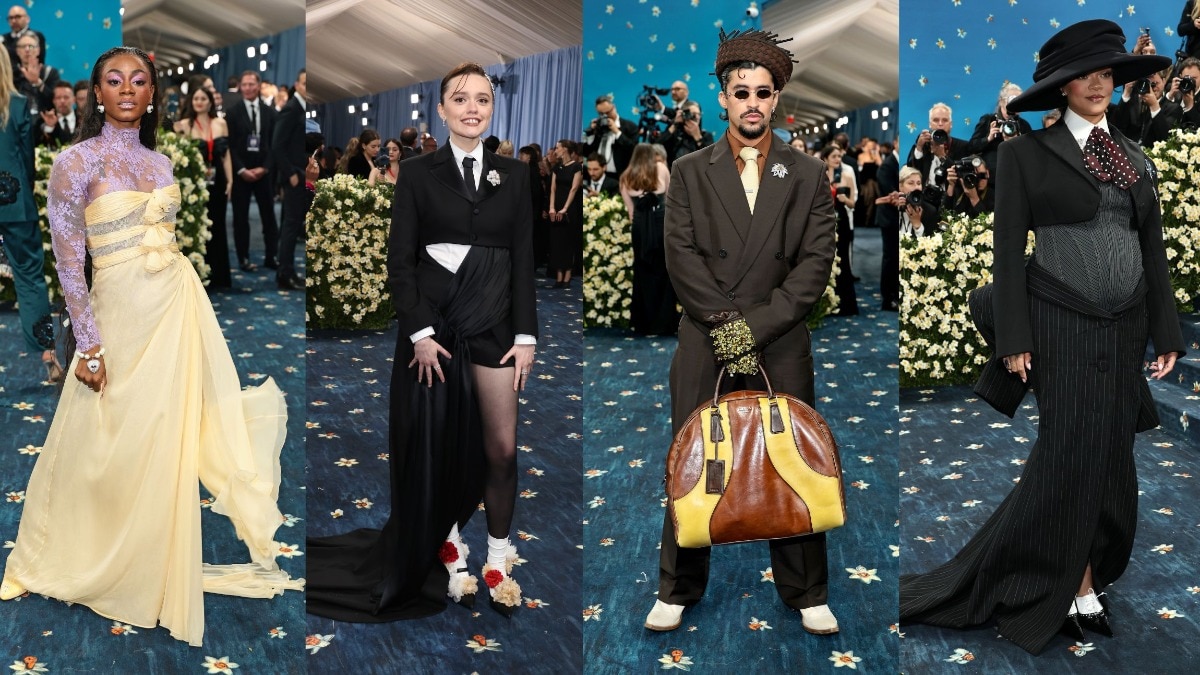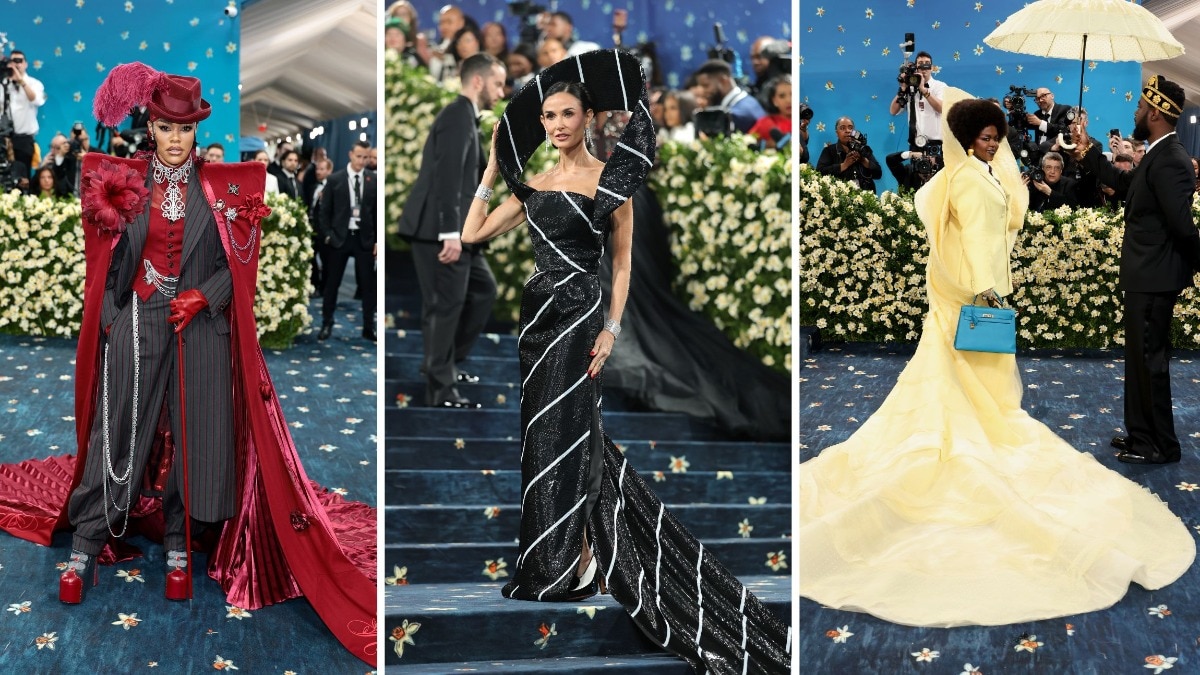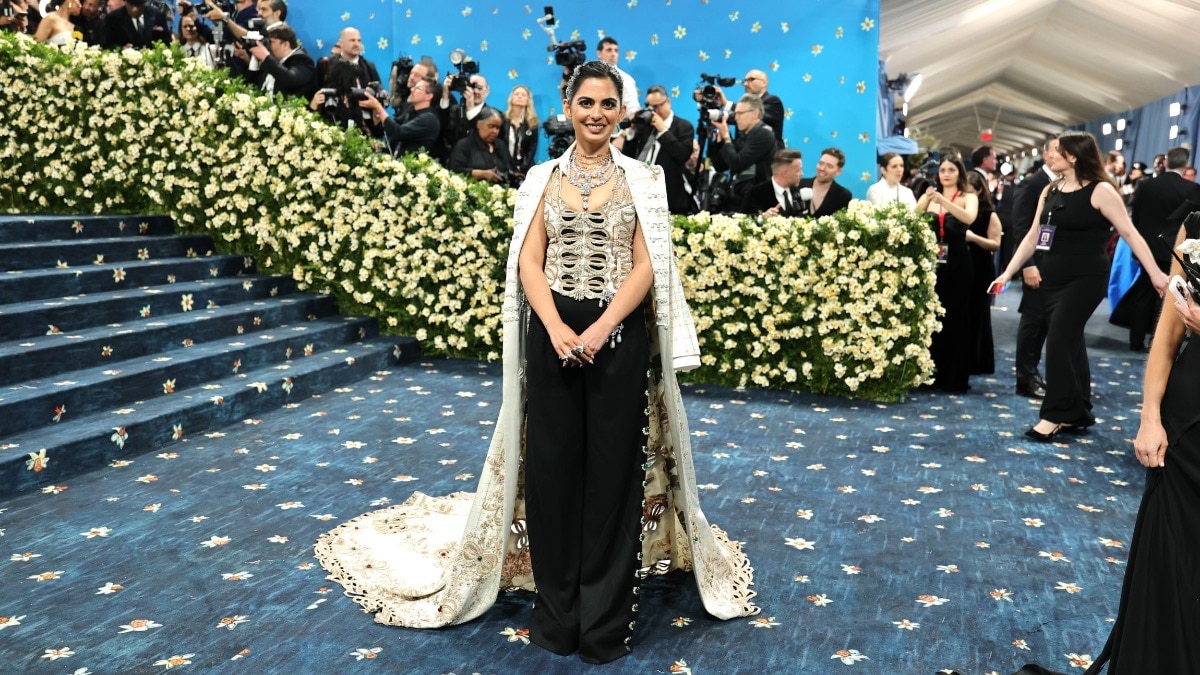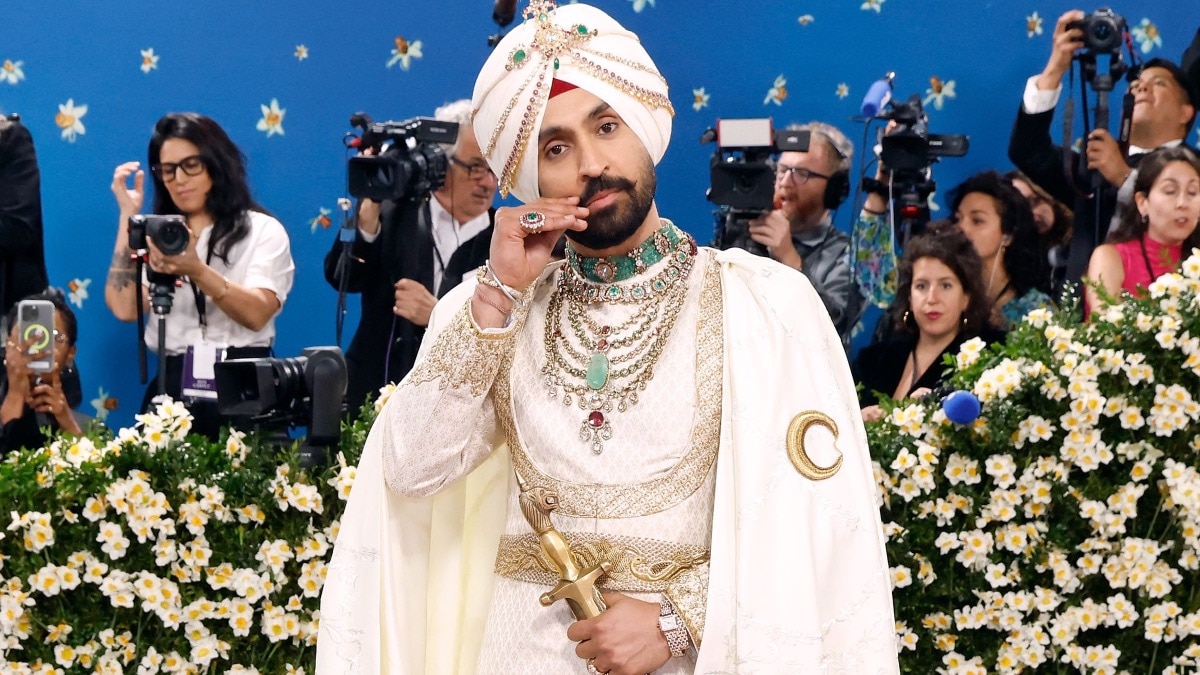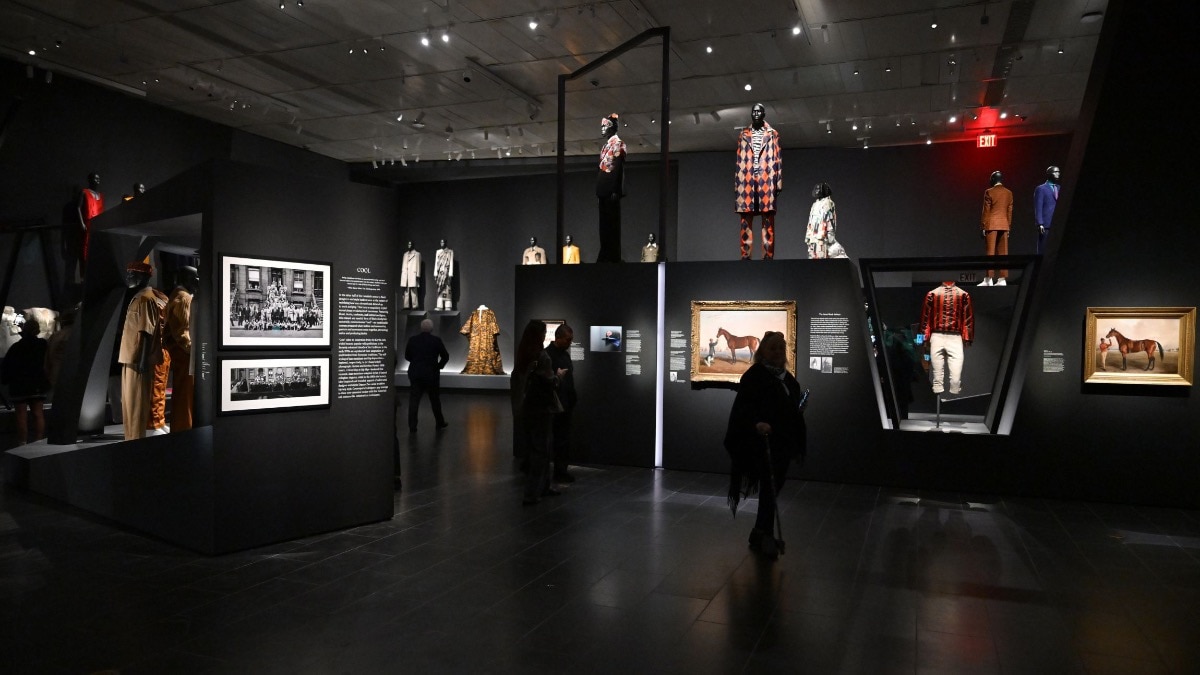What queer parenting memoirs teach us about motherhood
These stories, by a variety of authors—from Glennon Doyle to Maggie Nelson, have so much to say about what it means to be a mother.


Words by: Frankie De La Cretaz
To be a queer person who decides to birth a baby requires a level of intention that many cishet people do not have to have. Most queer one-night stands cannot end in an accidental pregnancy; starting a family requires dedication, desire, sacrifice, and (often) money. It is what makes queer narratives of motherhood so necessary and so revolutionary as debates about who and what make a family rage on in the wider culture and legislatures strip away reproductive rights, forcing many to rethink what true reproductive justice might look like.
As a culture, we are about 50 years into the small but growing genre of queer parenting memoirs. The last decade has seen many more additions to the field, and in surveying the landscape, thematic commonalities begin to emerge—as well as distinctive identity-based experiences. The queer mothering memoir is thriving and evolving, but many more additions to the genre are still necessary. This is a surveying of the landscape as it currently stands.
Celebrated author and activist Cherríe Moraga recently re-released her memoir on queer motherhood, Waiting in the Wings: Portrait of a Queer Motherhood, for its 25th anniversary. The book details her pregnancy and the high-risk premature birth in 1993 of her son, Rafael Angel, at 27 weeks gestation. It’s largely told through journal entries she kept at the time—a time before the legalisation of same-sex marriage and gay adoption. Moraga, a Chicana/Xicana/Xicanx woman, recounts how the experience of gestation and birthing radically changed her relationship with her body—particularly her gender, as a self-identified butch lesbian.
The rerelease contains a new foreword written by Moraga in which she reflects on her diaries from a present-day perspective. She explains why she decided not to update any outdated language—to keep it true to the time it was written, so it can serve as a foundational and historical text—but in doing so, she over-explains her own point of view on sex and gender. In an attempt to be trans inclusive, Moraga—perhaps unintentionally—over-attributes birth to a biologically essentialist experience.
“Birthing confirmed for me on an utterly corporeal level that female sex in no way requires one to ‘present’ as a woman in the socialised sense of the word,” Moraga writes. “I got a taste of what it is like to experience the female animal I am and it was something I took hold of toward the whole of me. Perhaps this is what transfolk have been trying to teach us all along—their rightful entitlement, with the aid of hormones (and surgery for some), to get the biological sex ‘right’ in order to experience that same wholeness of being.”
I am not a woman, but I am a mother
As a trans person who gave birth, I bristled when I read this language, and I really struggled to get past it. Moraga describes herself as someone whose “female sex was determined at birth” and who “rebelled against its socialisation to the degree possible as an utterly tomboy child.” She says that childhood was “followed by a suffering closeted trans-terrified and woman-lusting adolescence, to eventually emerge into a butch-identified adult lesbian”.
There is so much room for necessary narratives of butch women giving birth—but not because the experience is one that makes them uniquely female. Gender-variant narratives around birthing should actually do the opposite: show that being a gestational parent is not reserved for women. I am not a woman, but I am a mother. Meanwhile, Krys Malcom Belc is not a woman or a mother, despite society’s attempts to label him as such, because of his experience as a birthing parent.
Belc’s memoir, The Natural Mother of the Child, is a visual memoir in essays in which he explores his experience of conceiving, birthing, and nursing his son, Samson, using interlocking essays and photos and documents from throughout his life to tell a nonlinear story. He reflects on the many hormonal changes he has experienced in his lifetime—from puberty to pregnancy to taking testosterone as part of his medical transition.
“There are things I miss. Before Michigan, before testosterone, sometimes people in Philadelphia would look at me and Samson and know he was mine, think I made him, and they would call him beautiful,” Belc writes. “No one says that anymore; now they say, You’re such a good dad because now they think I am a man and no one thinks men can do anything related to children, least of all make one.”
Another place where Moraga’s and Belc’s books differ is in Moraga’s attempts to question the nuclear family. Her biological family is an important element of the book, but so is her chosen queer family, one of whom is her sperm donor. Francesca T Royster’s new memoir, Choosing Family: A Memoir of Queer Motherhood and Black Resistance, does as well, taking these ideas and expanding them in her book about her decision to adopt a child with her wife. Many years have passed between Moraga’s and Royster’s books, but they are very clearly in conversation with each other, as the authors are each lesbians of colour in interracial partnerships who cannot disentangle their experiences as queer women from their experiences as racialised women.
While Moraga was friends and contemporaries with feminist theorists like Audre Lorde, Royster is influenced by their work. Alongside her own family’s stories, Royster weaves in the work and scholarship of the queer women who came before her, creating a narrative that works to expand the idea of queerness beyond gender or sexuality and toward a rejection of societal norms and a de-centering of the nuclear family for both survival and liberation.
“My family was queer without ever claiming the word,” she writes, drawing connections between queer families and Black families, in which chosen kin are as important as those related by blood. “We were both more interested in gathering kin than making a baby,” Royster explains, connecting the mothering she witnessed the women in her family provide with her own desire to adopt a child with her wife and create an intentional community in Chicago.
For many queer mothers, motherhood is challenged as a result of queerness
Royster’s work stands in contrast to a writer like Glennon Doyle, whose third book, Untamed, released in 2020, chronicles her divorce from her husband and her coming out after falling in love with soccer star Abby Wambach. The book was chosen for Reese Witherspoon’s book club, hit number one on the New York Times best-seller list, has sold more than two million copies, and is credited by Adele with transforming her entire outlook on life.
The book, which reads like a randomly ordered series of unedited blog posts that make sweeping proclamations and draw grand conclusions in each mini chapter but never actually dig beneath those conclusions to show us how Doyle got there, is notable for being one of the most—if not the most—popular memoirs written by a queer mother. It’s incredible to see someone’s story of her own liberation reach such a large audience.
But the story, which bills itself as revolutionary, is really only so for a very mainstream, cis, white brand of woman. Doyle criticises the way women are kept “caged” by society, but she doesn’t question any of the broader social structures themselves. She gets so close to getting it but fails to really push herself to ask the right questions. She also seems to think she is the first person to have any of these thoughts, as opposed to someone like Royster, whose work so intentionally builds on the thinkers who came before her.
Doyle does address her audience with an irreverent humour, though, which is something Michelle Tea also does in her recent memoir, Knocking Myself Up: A Memoir of My (In)Fertility. Tea’s journey is one that’s all too familiar to many queer mothers: having a baby later in life than their straight counterparts and needing medical intervention to assist them. Tea and her gender-queer then-spouse, who is a decade her junior, have to navigate a maze of procedures and systems in order to conceive, and Tea offers the kind of necessary critique of many of those systems in the process of telling her story. It’s refreshing to see Tea’s signature humour turned onto a process that can be so demoralising and traumatic for anyone—queer or straight—who goes through it. It is a distinctly queer story, however, to conceive a baby with Tea’s uterus, her non-binary partner’s eggs, and a drag queen’s sperm.
“My witch, Lulu Twilight, sends me a jar of honey, decorated with star anise and charmed with a fertility spell,” Tea writes at one point, describing some of the rituals she is incorporating—along with the now-necessary science—in her attempts to conceive. Later, while receiving acupuncture, she says, “I can feel my heart chakra open up as I lie back in the recliner. A spinning throb in my solar plexus.”
Tea’s memoir is clearly in conversation with a book like poet Maggie Nelson’s The Argonauts, which details her pregnancy and her partner’s transition, though the two books do very different things. Nelson combines philosophical theory and prose in a genre called “autotheory”, using her personal experience to draw on larger philosophical questions. She shares her own journey to pregnancy and motherhood, as well as her role as a step-parent to the child of her spouse, Harry Dodge, in a blended family. It’s an innovative telling of a queer family, but it borders on appropriative at times for the way she tells Dodge’s story.
“You pass as a guy; I, as pregnant,” Nelson writes. “Our waiter cheerfully tells us about his family, expresses delight in ours. On the surface, it may have seemed as though your body was becoming more and more ‘male,’ mine, more and more ‘female.’ But that’s not how it felt on the inside. On the inside, we were two human animals undergoing transformations beside each other, bearing each other loose witness. In other words, we were ageing.”
These books show that the literary canon on queer motherhood is rapidly expanding, though it is still overwhelmingly White. The stories we have access to have so many shared themes, but there are also distinctions among them. I see much of my own experiences in these books, as well as what is missing. I am so happy to see positive stories of queer motherhood, but the truth is that for many queer mothers, like me, our motherhood is challenged as a result of our queerness. I wish all of us were able to live lives in which our custody went unchallenged, but the reality for so many of us is that we are punished for daring to be queer—especially when we leave men in order to do so.
I think about Minnie Bruce Pratt’s award-winning 1989 book (reissued in 2013), Crime Against Nature, which so hauntingly told of the pain of having to choose between living an authentic life or parenting her children, writing, “I paid for my freedom with my children.”
These stories are not free from trauma. Because of course they aren’t. Most queer people are traumatised just by the fact that they are queer or trans and growing up in and living in a society in which that is not the norm. But pregnancy and birth, even in the best of circumstances, are traumas too.
In the reissuing of Moraga’s Waiting in the Wings, 25 years after its original publication, Rafael Angel is an adult man, capable of speaking about his own experiences. And he does, in a new afterword in the book.
“My mother, watching her newborn baby wheeled off for the fight of his new life, she… was transformed by this trauma,” he writes. “Of course, this is what Wings is about—the responsibility and weight hit her with full force from the very beginning.”
“The whole story of a birth begins with that decision to say yes, and the roller coaster that loop-de-loops you to the delivery table or at-home birthing pool or what have you—there is so much in it,” Tea writes in Knocking Myself Up. And, in a much more appropriate way of describing the connection with body and life that comes with giving birth than Moraga achieved in Wings’s foreword, Tea continues: “All of life, every hope and fear, joy and sadness, the understanding of yourself as a mammal, an embodied animal, is in that story.”
This piece originally appeared in Harper's Bazaar US.


